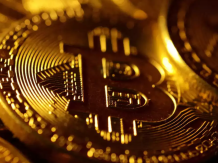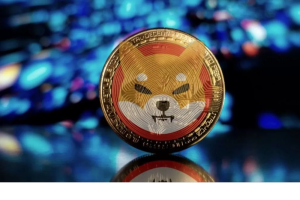A Tokyo district court has reportedly issued a protective order for the future confiscation of NEM (XEM) tokens worth around $534 million stolen from the Coincheck security breach in January 2018. The protective order is based on the district’s organized crime punishment law.
Investigative sources familiar with the matter told local news outlet Japan Times that the company established by the accused, Takayoshi Doi, 30, was ordered to keep the assets safe for future confiscation.
The latest development is coming after the Tokyo Metropolitan Police Department requested the district court to issue a protective order over the assets for future confiscation, which the court accepted on March 30. The order is said to be the first of its kind issued concerning cryptocurrency in Japan.
The objective is to keep the stolen assets safe pending when authorities complete investigations about the Coincheck hack.
Two Suspects Arrested In Connection To The Hack
According to reports in March, two suspects, Takayoshi Doi and Masaki Kitamoto, a medical doctor and a company executive, respectively, were arrested by the Tokyo police for purchasing the XEM tokens stolen from the Coincheck hack in January 2018.
At the time, the police disclosed that the suspects had full knowledge that the tokens were stolen from the exchange, but still went ahead to acquire the assets because they were sold far below their market prices.
The police stated that the Tokyo residents acquired the stolen funds between February and March 2018.
Coincheck Hack And Its Resurgence
Coincheck suffered one of the biggest hacks after Mt. Gox, which led to the theft of 523 million XEM that amounted to 8 billion yen ($532.60 million).
In trying to appease the 260,000 affected users, Coincheck notified them that each XEM token would be repaid at a rate of 88.549 JPY ($0.84). Several blockchain analysis revealed the stolen funds were laundered through deep web channels and sold at cheaper rates below their market prices.
The attack prompted Coincheck to suspend all its services, including deposit and withdrawal services.
However, not too long after the devastating attack, the crypto exchange reopened some features in the same year, while acquiring an operating license rubber-stamped by Japan’s Financial Services Agency (FSA).










